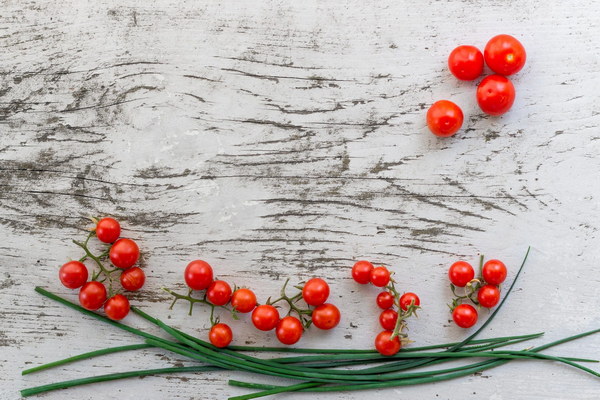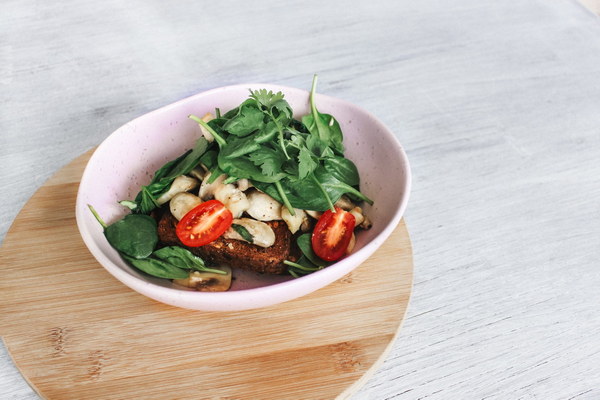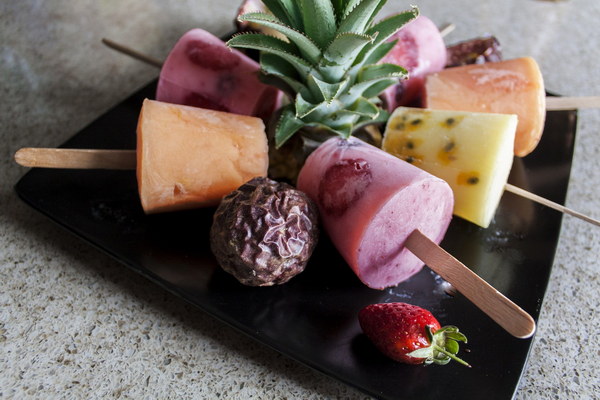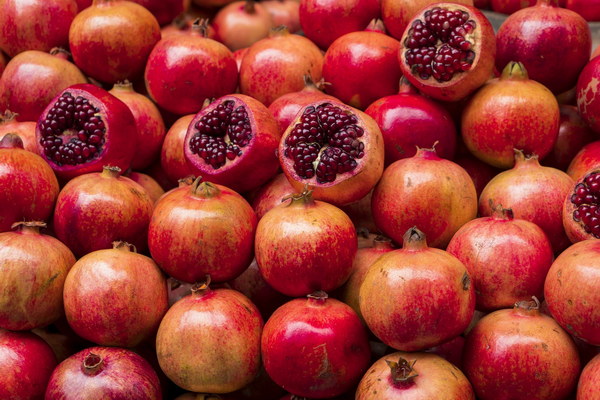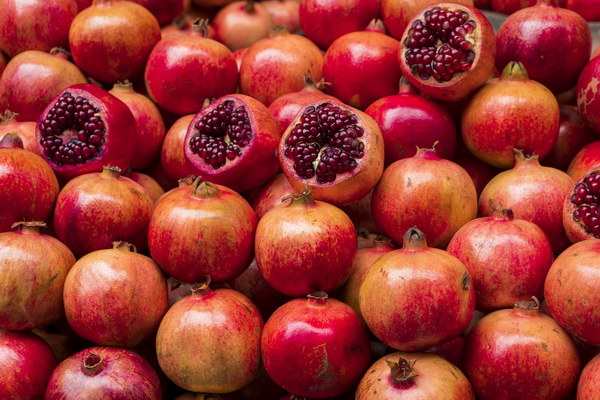Unveiling the Benefits of Herbal Dew-Removal Tea for the Elderly A Natural Remedy for Wellness
In the realm of traditional medicine, the art of blending herbs to enhance health and vitality has been passed down through generations. One such remedy that has garnered attention is the dew-reducing tea, a natural solution known for its ability to alleviate dampness in the body. For the elderly, who often suffer from dampness-related health issues, this herbal tea offers a soothing and beneficial alternative. Let's delve into the world of dew-reducing tea and explore its benefits for the elderly.
Dew-reducing tea, also known as Shuipi Cha in Chinese, is a blend of various herbs and spices that work together to eliminate dampness, boost immunity, and promote overall well-being. The tea is particularly beneficial for the elderly, who are more susceptible to dampness due to their weakened immune systems and slower metabolism.
The primary herbs used in dew-reducing tea are:
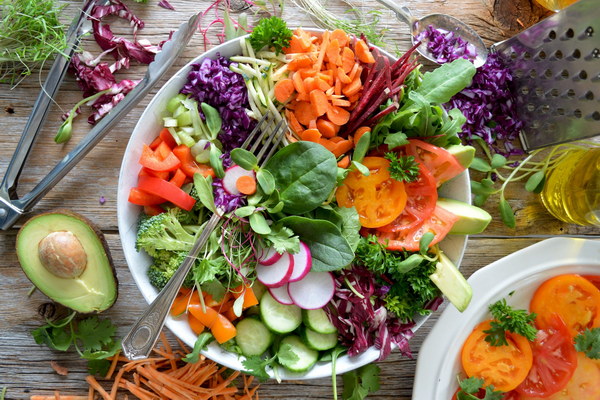
1. Astragalus (Huangqi): Known for its immune-boosting properties, astragalus helps to strengthen the body's defense against dampness.
2. Cinnamon (Rougui): Cinnamon is a warming spice that aids in dispelling dampness and improving blood circulation.
3. Licorice (Gancao): Licorice has a sweet and soothing effect, balancing the properties of other herbs and reducing any potential side effects.
4. Poria (Fu Ling): Poria is a natural diuretic that helps to eliminate dampness from the body.
The process of brewing dew-reducing tea is simple and can be enjoyed daily. To prepare a cup, add one teaspoon of the herbal mixture to a cup of hot water and let it steep for 10-15 minutes. Strain the mixture and drink it warm.
Now, let's explore the benefits of dew-reducing tea for the elderly:
1. Alleviates dampness: Dampness is a common health issue among the elderly, leading to symptoms such as fatigue, weight gain, and joint pain. Dew-reducing tea helps to eliminate dampness, thus improving overall comfort and well-being.
2. Boosts the immune system: With aging, the immune system weakens, making the elderly more susceptible to infections. The immune-boosting properties of astragalus in dew-reducing tea can help strengthen the body's defenses and reduce the risk of illness.
3. Improves digestion: Dampness can lead to poor digestion, resulting in bloating, constipation, and other gastrointestinal issues. By promoting healthy digestion, dew-reducing tea can alleviate these symptoms and improve overall gut health.
4. Enhances blood circulation: The warming effect of cinnamon in the tea helps to improve blood circulation, reducing the risk of cold hands and feet, a common problem among the elderly.
5. Reduces inflammation: Chronic inflammation is a common concern among the elderly, contributing to conditions such as arthritis and heart disease. The anti-inflammatory properties of dew-reducing tea can help reduce inflammation and alleviate related pain.
6. Promotes relaxation: The soothing aroma of dew-reducing tea can help calm the mind, reduce stress, and improve sleep quality, which is essential for the elderly to maintain a healthy lifestyle.
In conclusion, dew-reducing tea is a natural, effective, and soothing remedy for the elderly. Its ability to alleviate dampness, boost the immune system, improve digestion, enhance blood circulation, reduce inflammation, and promote relaxation makes it an ideal addition to their daily wellness routine. However, it is essential to consult with a healthcare professional before incorporating dew-reducing tea into one's diet, especially for those with pre-existing health conditions. With moderation and proper guidance, this herbal tea can be a valuable tool in the quest for a healthier, happier life for the elderly.
